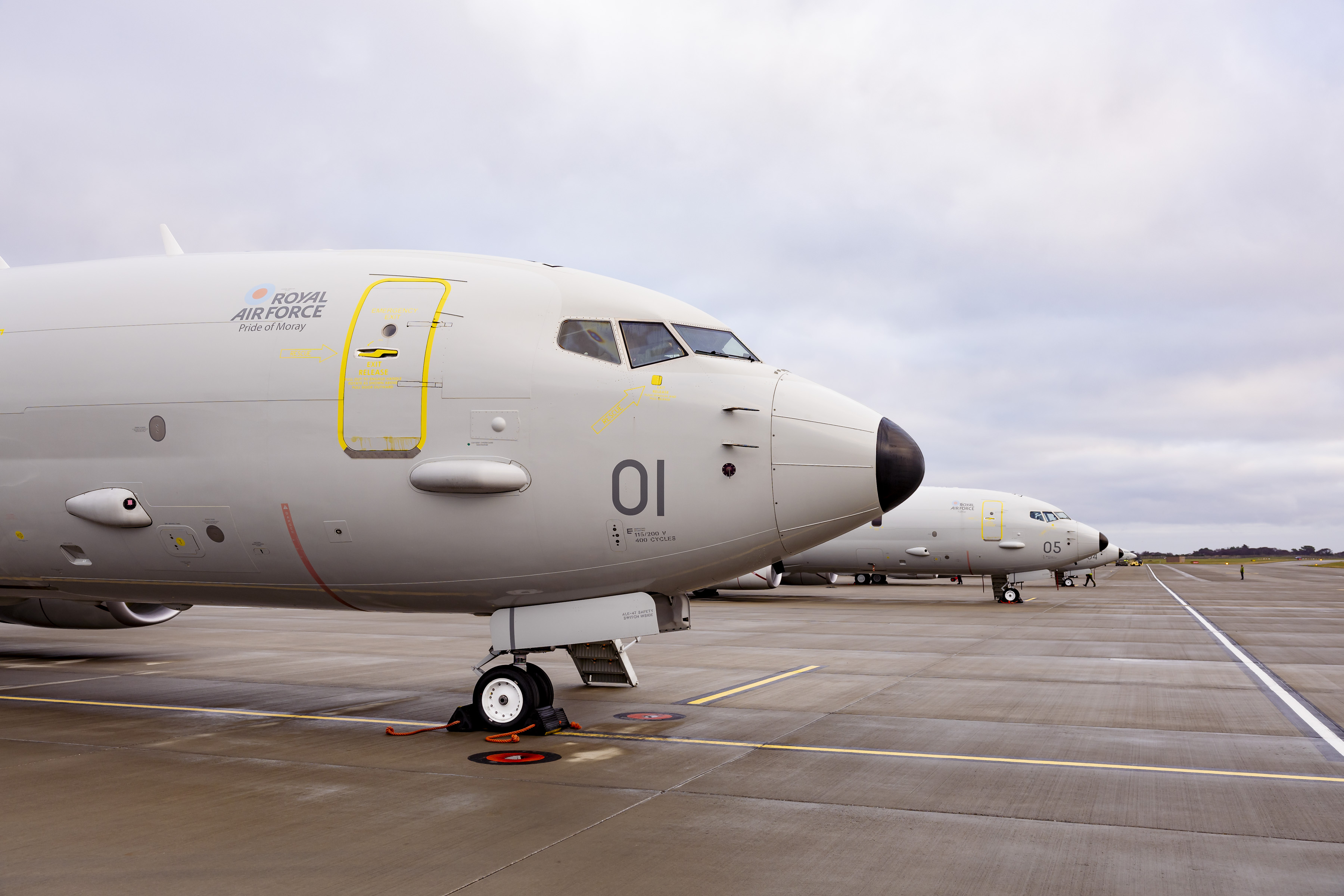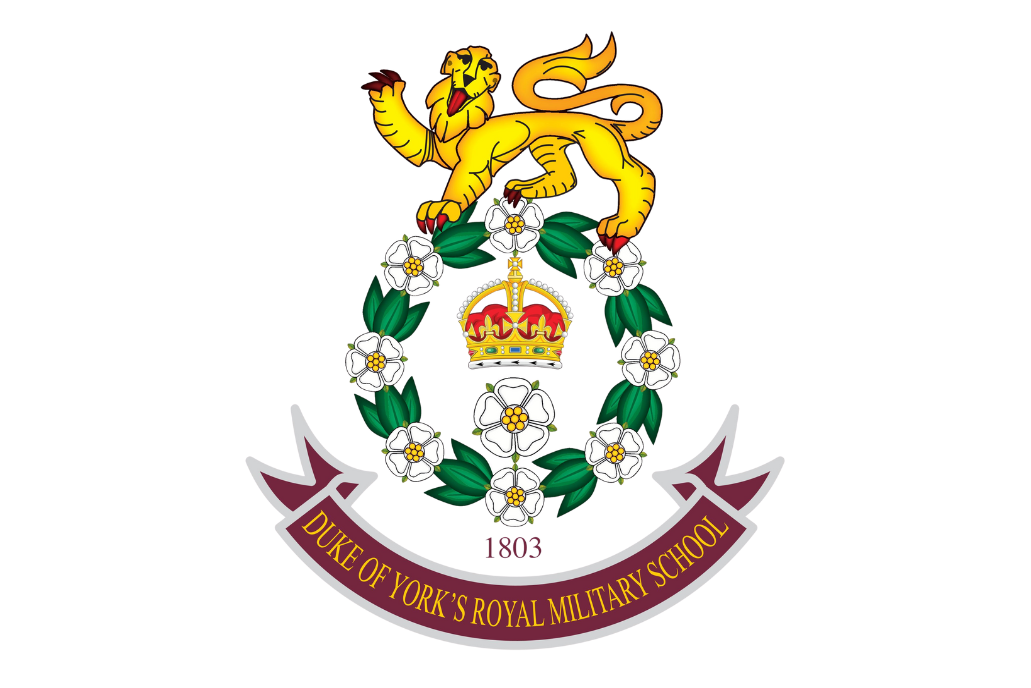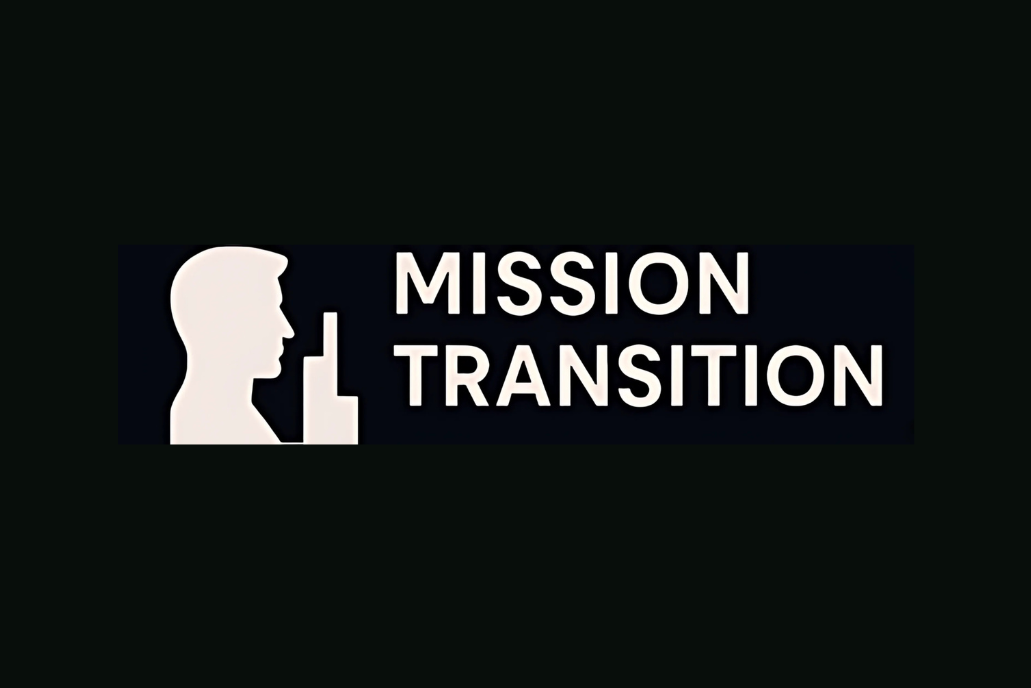In a landmark gathering, maritime forces from the USA, Canada, Germany, and Norway descended upon RAF Lossiemouth last week for the first Joint Exploration and Discussion of Initiatives (JEDI) Symposium of 2025. And let me tell you, it wasn’t just a casual meeting, this was a high-level, action-packed collaboration that’s set to shape future defence efforts across Europe.
Kicking off on 18 January and wrapping up on 23 January, the event brought together personnel from all five nations to discuss joint priorities, share information, and unite in their mission to operate the Poseidon aircraft as a single, cohesive fleet. And when I say “Poseidon aircraft,” think cutting-edge maritime surveillance power, tracking threats both on and beneath the surface of the UK waters. These planes are the unsung heroes of maritime security, working side by side with the Royal Navy to protect the British Isles.
But it wasn’t all talk. The week was packed with hands-on training, as the participants jumped into simulated Poseidon anti-submarine missions. This wasn’t just about theory; they were testing and improving their teamwork, honing their skills to work seamlessly across borders.
One of the key points of pride for the RAF was their involvement in a real-time international operation. On 16 January, a Poseidon aircraft from RAF Lossiemouth tracked a Russian landing ship, the RFN Aleksandr Shabalin, through the English Channel. It’s not every day that you hear of an RAF aircraft in such action, but this just goes to show how vital these missions are for maintaining security in our waters. The RAF and Royal Navy continue to monitor the situation as the ship remains in the area.
As the JEDI symposium attendees were deep in discussions, the larger context of RAF Lossiemouth’s growing international role was also on display. Home to nine Poseidon aircraft, the base is becoming a hub for Poseidon operations in Europe. It’s not just the UK that’s benefitting. In 2024, the RAF welcomed the US Naval Support Facility to its ranks, solidifying its importance to US forces operating in Europe. In addition, the newly signed Trinity House Agreement paves the way for Germany to regularly operate their own Poseidons from RAF Lossiemouth. There’s also ongoing training with the Norwegian and Canadian maritime patrol crews as they integrate Poseidon aircraft into their own fleets.
This was the third JEDI symposium since January 2024, and by all accounts, it was a smashing success. With the incredible teamwork on display, it’s clear that RAF Lossiemouth will continue to be at the heart of NATO operations in the North Sea. And as these countries work together to strengthen their maritime security, the importance of such events cannot be overstated.
















